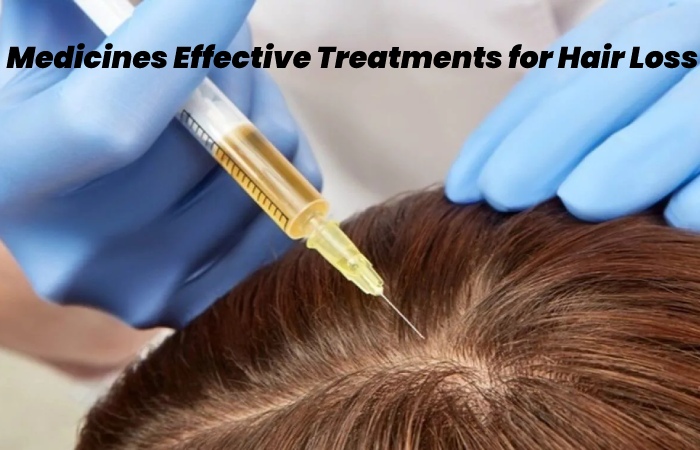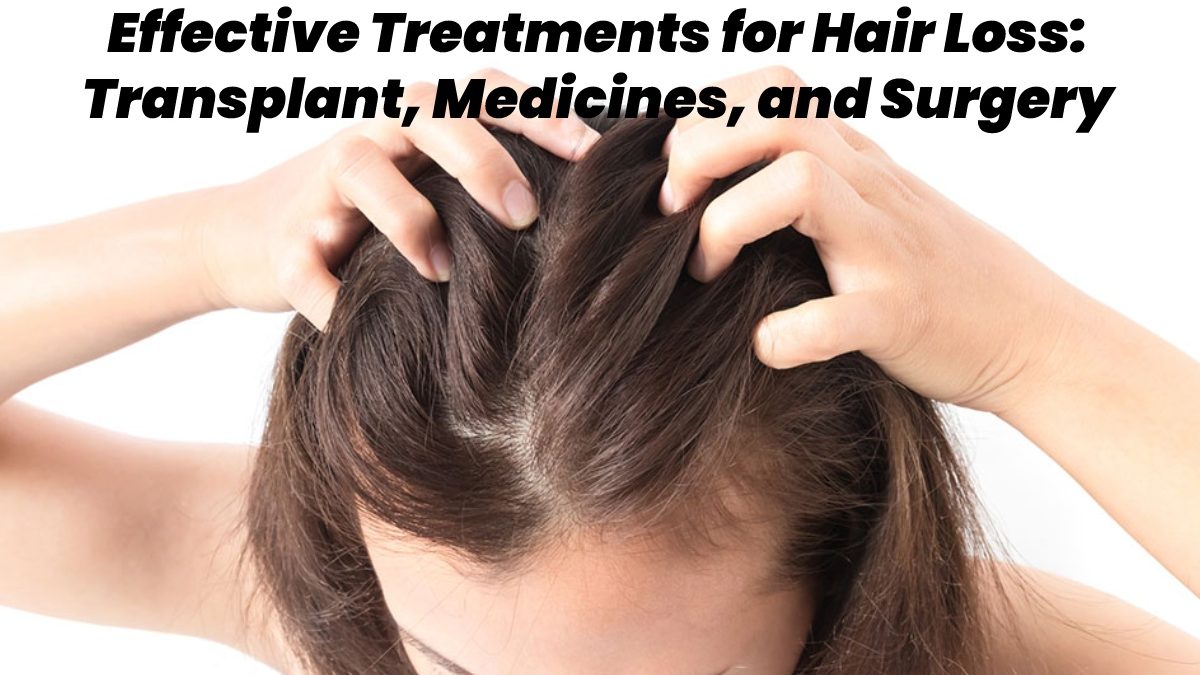Table of Contents
Effective Treatments for Hair Loss
Hair loss can be physiological, such as in the fall or postpartum. It may be produced by nutritional deficiencies of vitamins, amino acids, trace elements, or iron, or the cause is metabolic problems, such as thyroid disease or other hormonal issues. Also compulsive, due to chemotherapy or other drugs, such as retinoid or ant thyroids. “ There is other hair that produces localized alopecia, such as alopecia aerate, lupus, ringworm of the scalp, or lichen planes, which are due to localized inflammation,” explains Elena Roche, a specialist in the Capillary Medicine Unit of Hospital Quiroz in Valencia.
1. Monoxide
The first is a vasodilator used in both men and women who are hurt from hair loss. Its result is usually seen after three months of treatment, after applying two milliliters of product per day. According to the Spanish Academy of Dermatology and Venereology (AEDV), the effectiveness is seen between 30 and 60 percent of the cases. However, he warns, “If monoxide stops in three months, most of the benefit disappears.”
Despite its benefits, the product does have specific side effects. The AEDV tourist attractions:
- Temporary hypertrichosis of the cheeks.
- Export
- Itching
- Erythema
- Irritant dermatitis
- Although it is rarer to happen, they can also occur:
- Dizziness
- Headaches
- Myalgia.
2. Finasteride
Oral finasteride, for its part, is only used in men or postmenopausal women since it can pose a risk to the fetus when used in pregnant women or women of the childbearing stage. It is a drug used by lots of patients for over 20 years.
In this treatment, between three and six months of intake would be necessary to appreciate the improvement, and the minimum dose is one milligram per day. According to the AEDV, finasteride is more natural and safer than monoxide for hair loss.
Although it is not without side effects:
- Decrease libido.
- Reduction of ejaculate volume.
- Erectile dysfunction (in about one out of a hundred cases).
The academy also talks about painful gynecomastia, a rare, reversible effect after stopping treatment.
Hair Transplant Treatments for Hair Loss

“When it is not possible to recover the hair through medical treatment, it is possible to provide an aesthetic solution to depopulate alopecia areas through hair transplantation,” Roche points out.
Hair transplantation consists of placing the hair from an area of the scalp that does not have alopecia, called the donor area, in another area that lacks hair, known as the recipient area. Once the change has been made, transplant hair will have the same characteristics as when it was in its initial location and will not continue the alopecia process.
In addition to the above, the academy mentions other possible ones, such as topical treatments, retinoic acid and imidazole derivatives, and systemic ones, spironolactone, and flu amide.
Hair Loss Shampoos are not Effective Treatments for Hair Loss
Other remedies such as anti-loss shampoos or masks “can only act on the hair shaft and cannot influence the hair bulb, which is where said shaft generates, so they have no effect on hair loss,” assures Olalquiaga. This is corroborated by Roche, who states that “they are not effective.”
Neither does any other cosmetic. “Another thing is that certain hair cosmetics improve the appearance of the hair shaft, but without acting on its production,” adds Olalquiaga.
Treatment Effective Treatments for Hair Loss
Some effective treatments for hair loss are available. You may be able to reverse hair loss or slow it down. In some conditions, such as patchy hair loss (alopecia aerate), hair can grow back without treatment within a year. Hair loss treatments include medications and surgery.
Medicines Effective Treatments for Hair Loss

Suppose the hair loss results from a pre-existing disease, treatment for that disease will be necessary. If a specific medication is causing your hair loss, your doctor may advise you to stop using it for a few months.
Medications are available to treat pattern (inherited) baldness. The most common options include:
Monoxide (Regain): Over-the-counter monoxides come in liquid, foam, and shampoo forms. Many people prefer foam that is applied when hair is wet. To be most accurate, apply the product to the skin of the scalp once a day for women and twice a day for men.
Moonie: products promote hair growth or decrease the rate of hair loss in many people, or both. At least six months of treatment are needed to prevent further hair loss and for hair to grow back. It may take short months to determine if the treatment works for you. If it’s helping, you’ll need to keep using the drug indefinitely to keep the benefits.
Diagnosis Effective Treatments for Hair Loss
Before making an analysis, your doctor will likely do a physical exam and ask about your diet, hair care routine, medical history, and family history. You may also have tests such as the following:
Blood test: It could help detect medical conditions that can cause hair loss.
Pull test: The doctor gently pulls on several hairs to see how many come out. This helps control the stage of the shedding process.
Scalp biopsy: The doctor takes samples of the skin, or some hairs plucked from the scalp to examine the hair roots under the microscope. This can help control if an infection is causing hair loss.
Optical microscopy: The doctor uses a unique instrument to examine the clipped hairs at the bases. Microscopy helps to discover possible disorders of the hair shaft.
Hair Transplant Surgery
It is a Hair transplant for hereditary hair loss
Hair transplant Open pop-up dialogue box
In the most common type of enduring hair loss, only the top of the head is affected. A hair transplant or hair restoration surgery can help you make the most of your remaining hair.
Laser Therapy
The Food and Drug Administration used of a low-level laser device to treat hereditary hair loss in men and women. In some small studies, it has been shown to improve hair density. More studies want to show long-term effects.
Conclusion
Hair massages or the use of certain products are some of the frequently asked questions when persons suffer from alopecia. However, none of these practices has been effective or approved by experts to combat hair loss.

